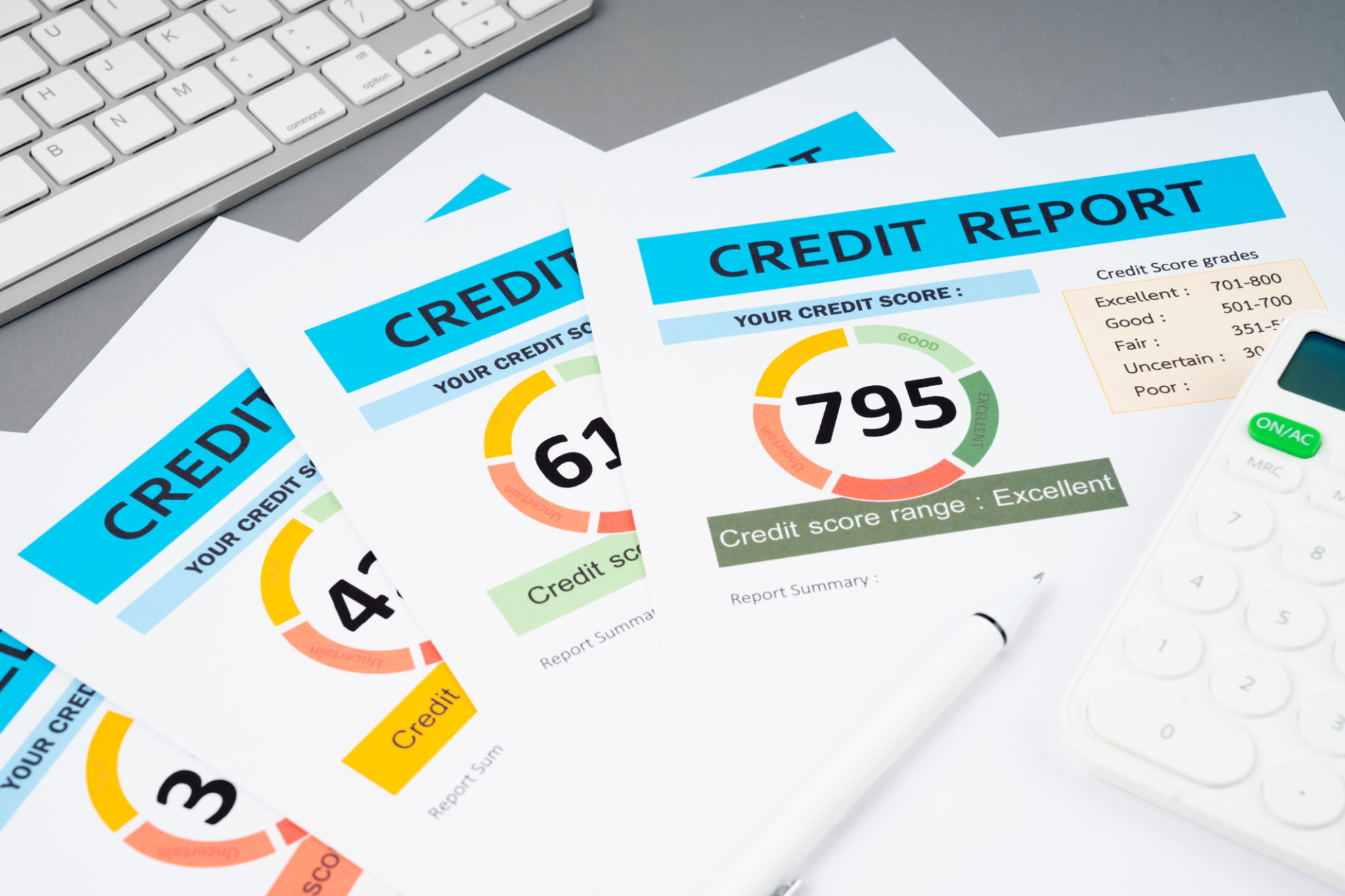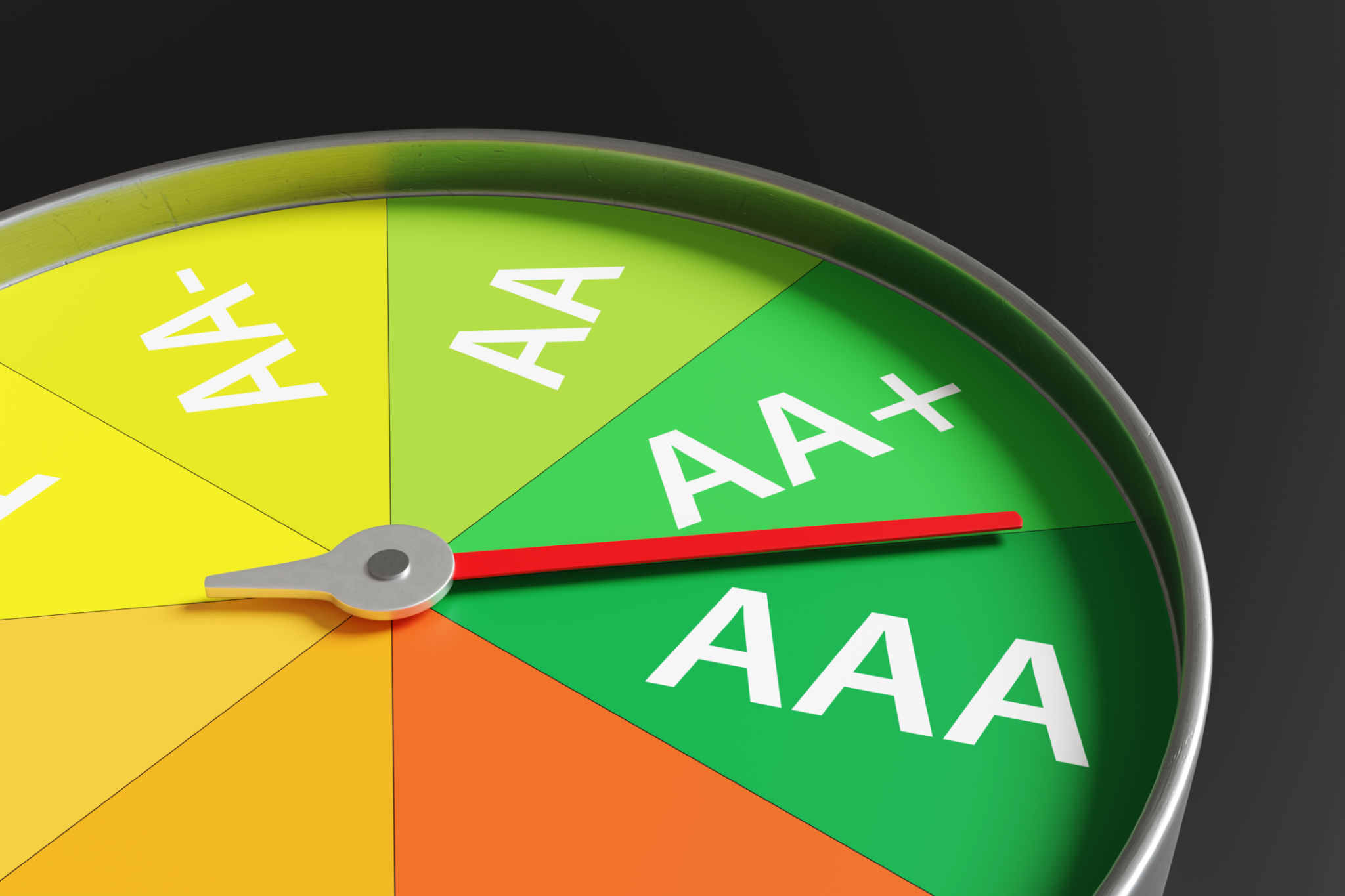5 Steps to Improve Your Personal Credit Management
Understand Your Credit Report
One of the first steps to improve your personal credit management is understanding your credit report. This document provides a detailed history of your credit activities and is used by lenders to assess your creditworthiness. Regularly reviewing your credit report allows you to ensure that all information is accurate and up-to-date. You can request a free copy of your credit report annually from the major credit bureaus.
Checking for errors is crucial because inaccuracies can negatively impact your credit score. If you do find any mistakes, dispute them immediately to have them corrected. A clean and accurate report is the foundation of effective credit management.

Establish a Budget and Stick to It
Creating a budget is essential for managing your finances effectively. Start by listing all your income sources and expenses. This will help you determine where your money is going and identify areas where you can cut back. A well-planned budget allows you to allocate funds for debt repayment, savings, and other essential expenses.
Once your budget is set, it's vital to stick to it. Discipline in following your budget will prevent overspending and help you maintain a healthy financial balance. Consider using budgeting apps or tools to track your spending and stay on course.
Pay Bills on Time
Paying your bills on time is one of the most significant factors in maintaining a good credit score. Late payments can have a drastic impact on your credit, so it's crucial to keep track of due dates and ensure payments are made promptly.
To avoid missing payments, set up automatic payments or reminders for yourself. Consistently paying on time not only boosts your credit score but also saves you from late fees and penalties.

Reduce Your Credit Card Balances
Your credit utilization ratio, which is the amount of credit you're using compared to your credit limit, plays a significant role in your credit score. Keeping this ratio low demonstrates responsible credit behavior. Aim to use less than 30% of your available credit to maintain a good score.
If possible, pay off credit card balances in full each month. If that's not feasible, focus on reducing the balances gradually while avoiding new charges. Lowering your credit card balances will not only improve your score but also reduce the interest you pay over time.
Build a Strong Credit History
A strong credit history is built over time by demonstrating responsible financial behavior. To establish or improve your credit history, consider keeping old accounts open, as they contribute positively to the length of your credit history.
Additionally, mix different types of credit accounts, such as installment loans and revolving credit, to show that you can manage various types of credit responsibly. Over time, a well-maintained credit history will enhance your creditworthiness.

